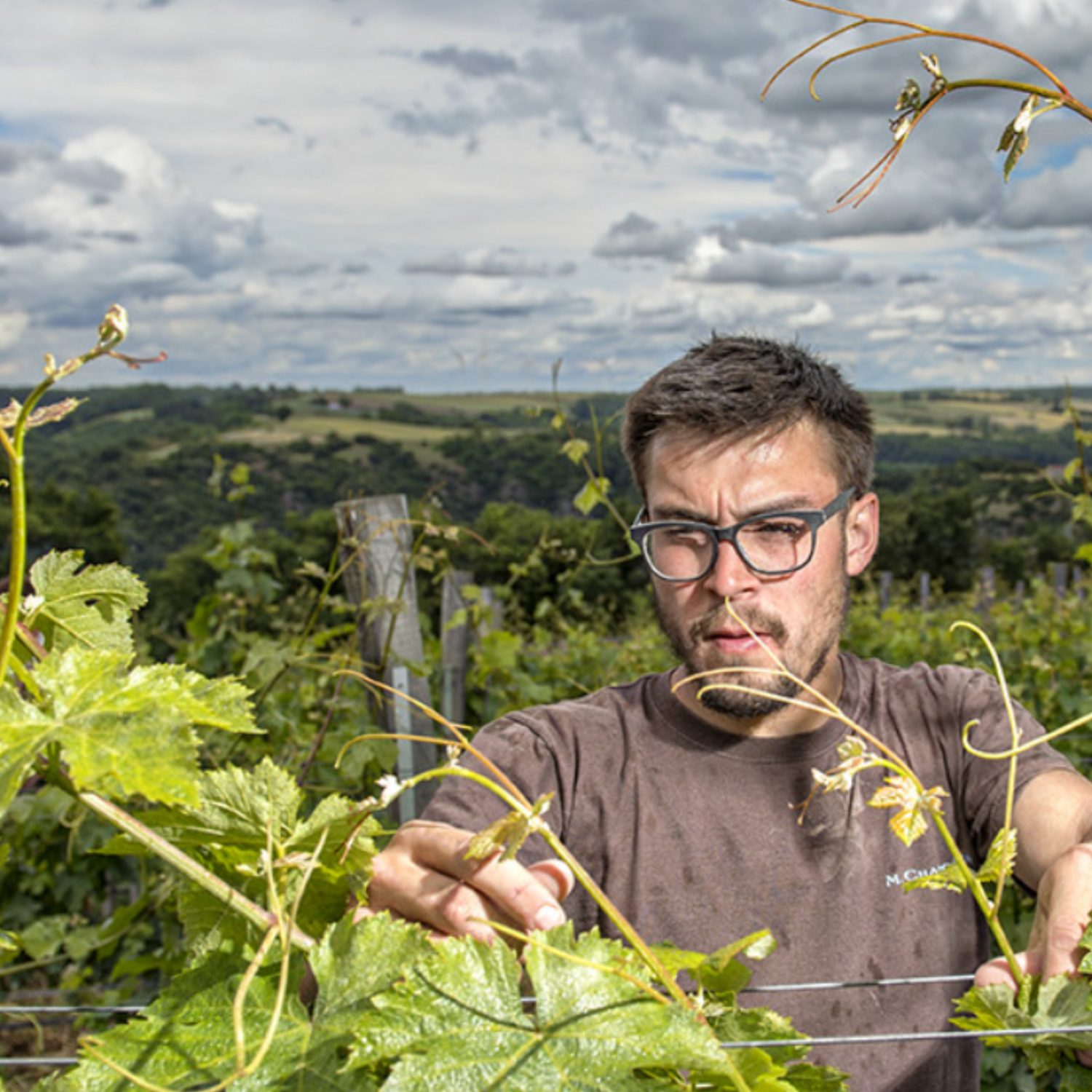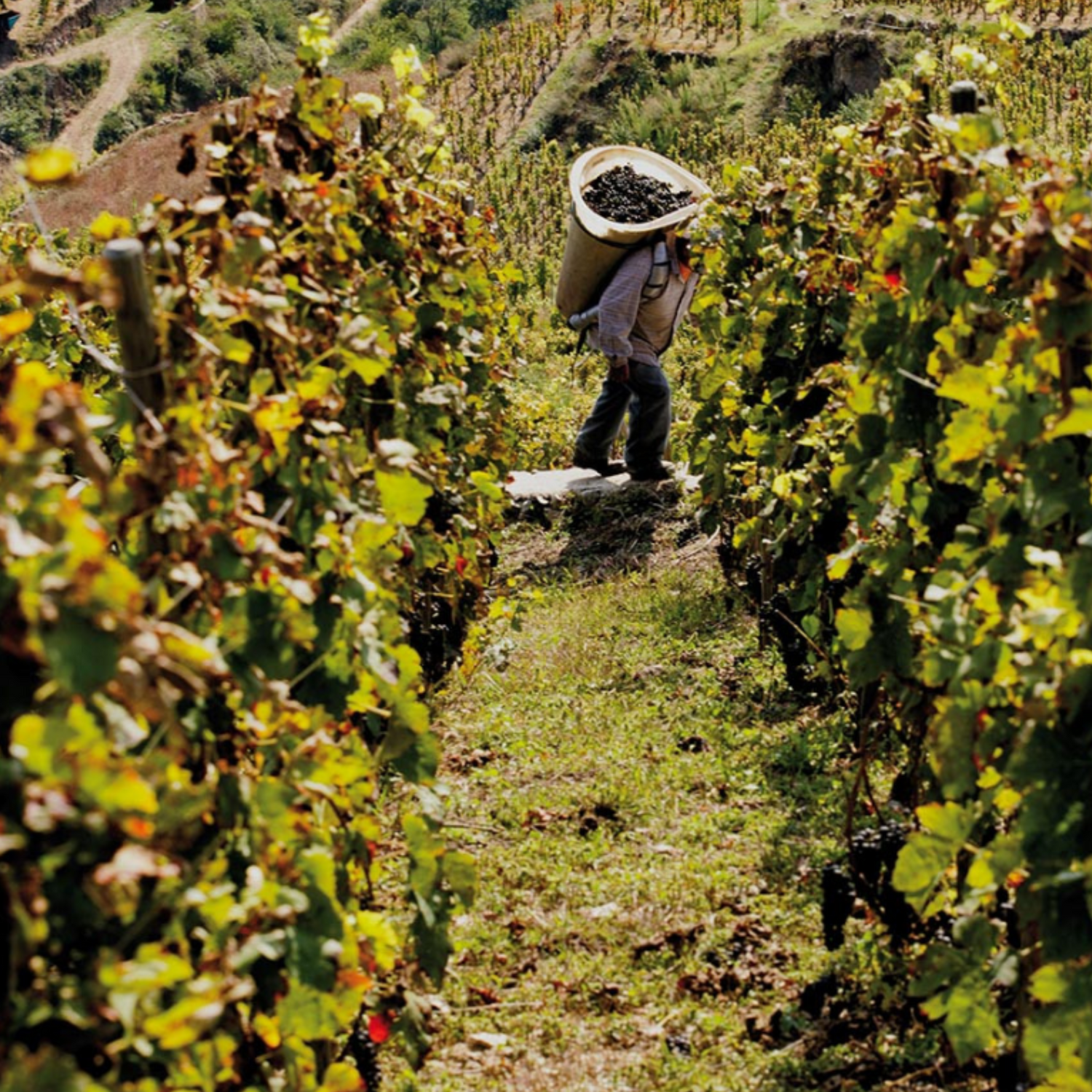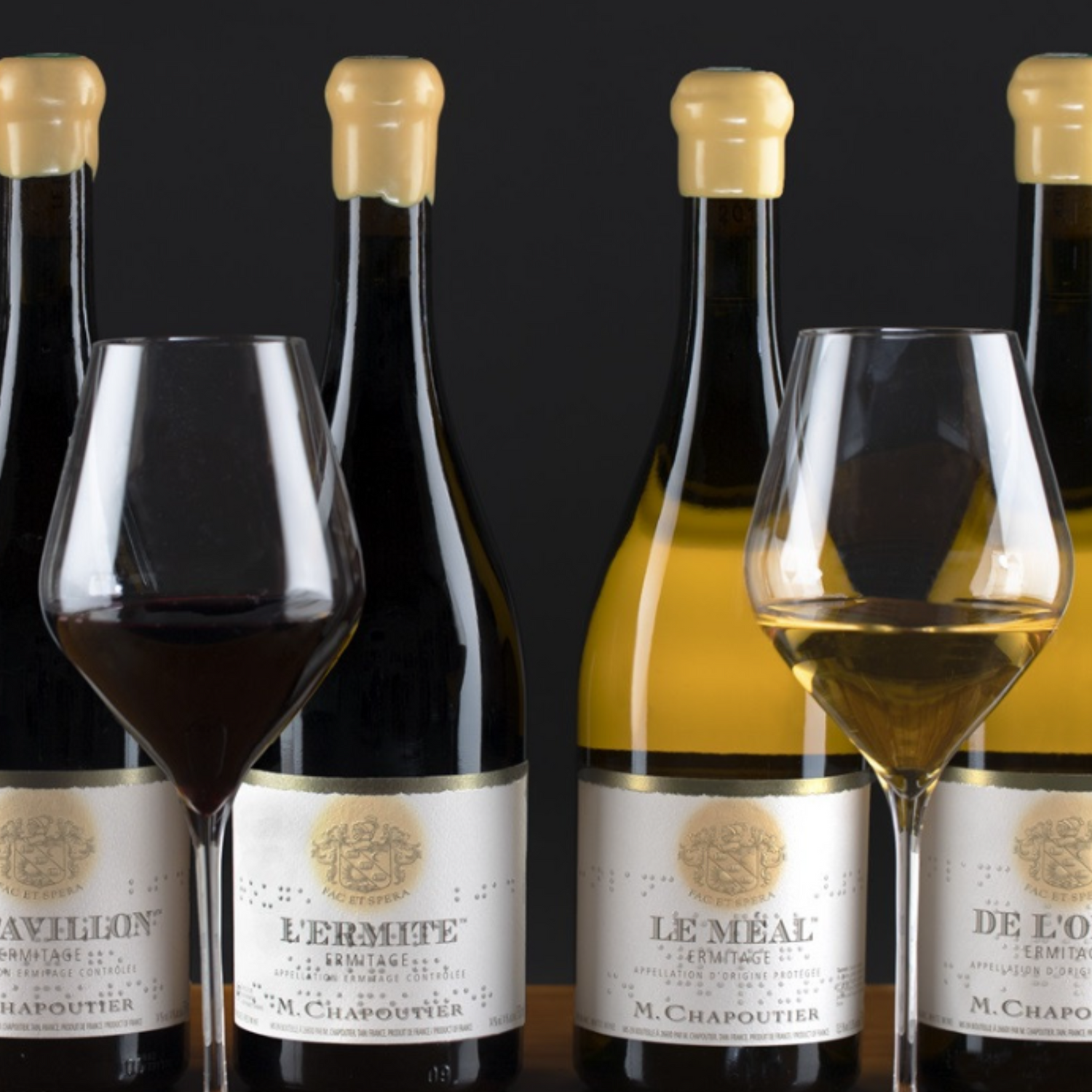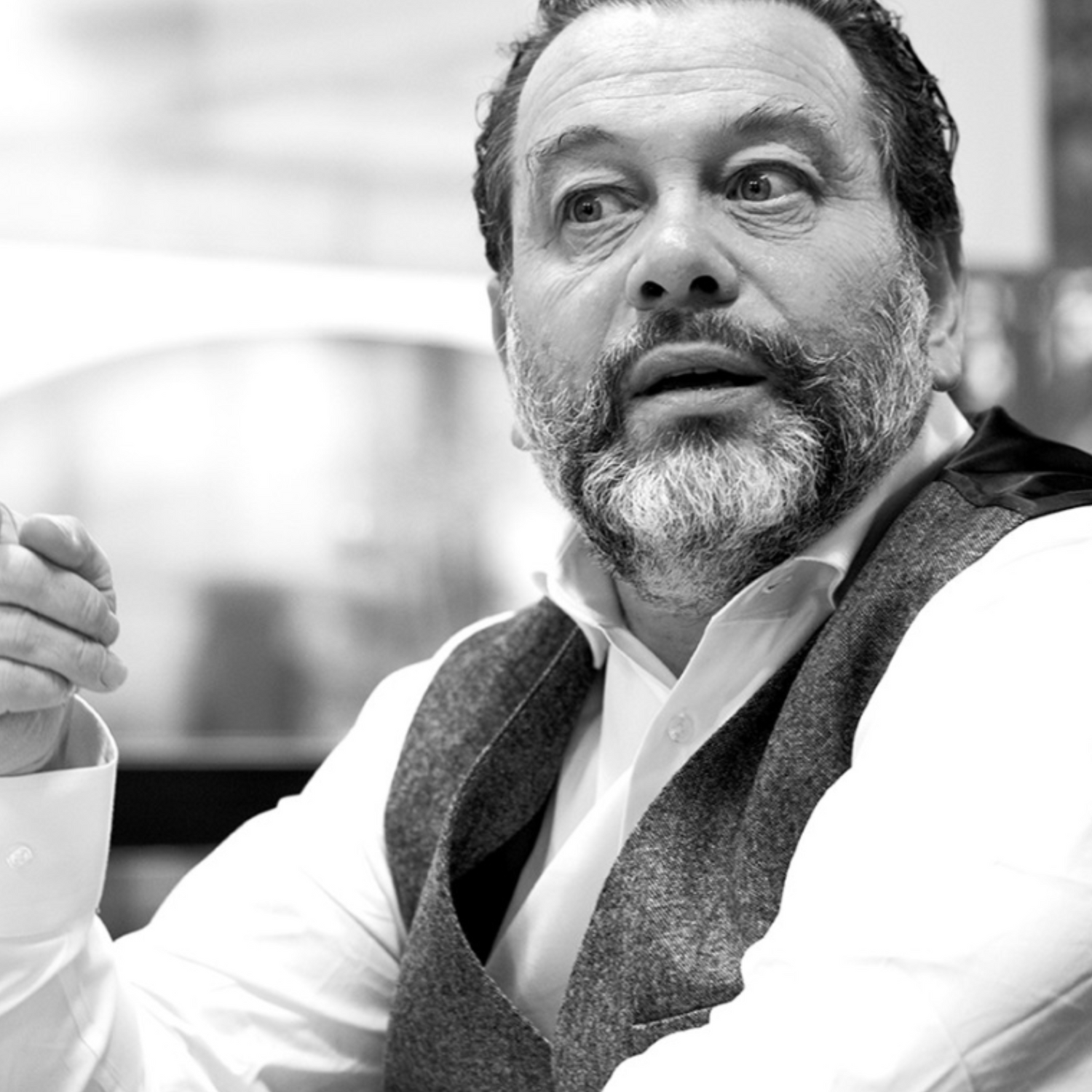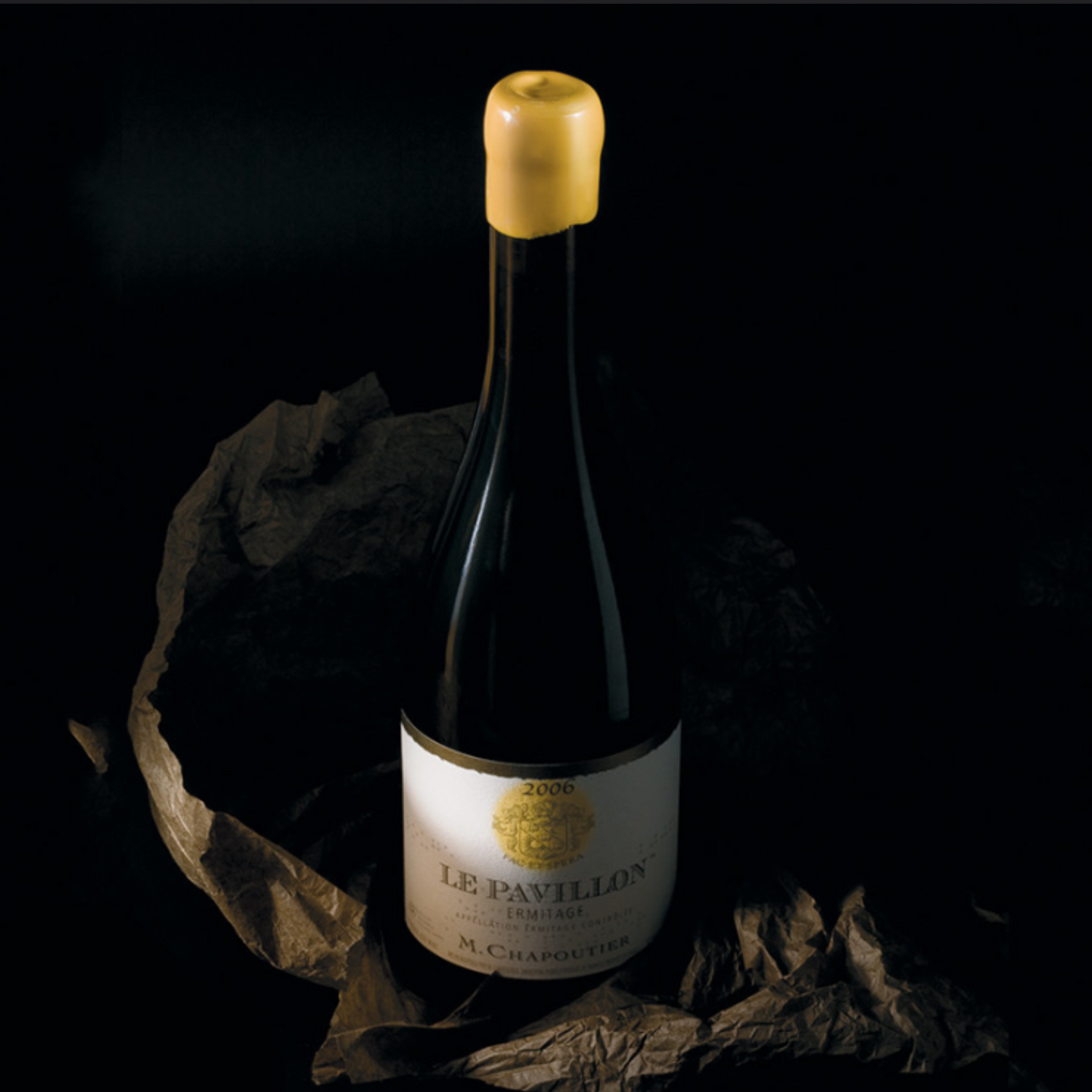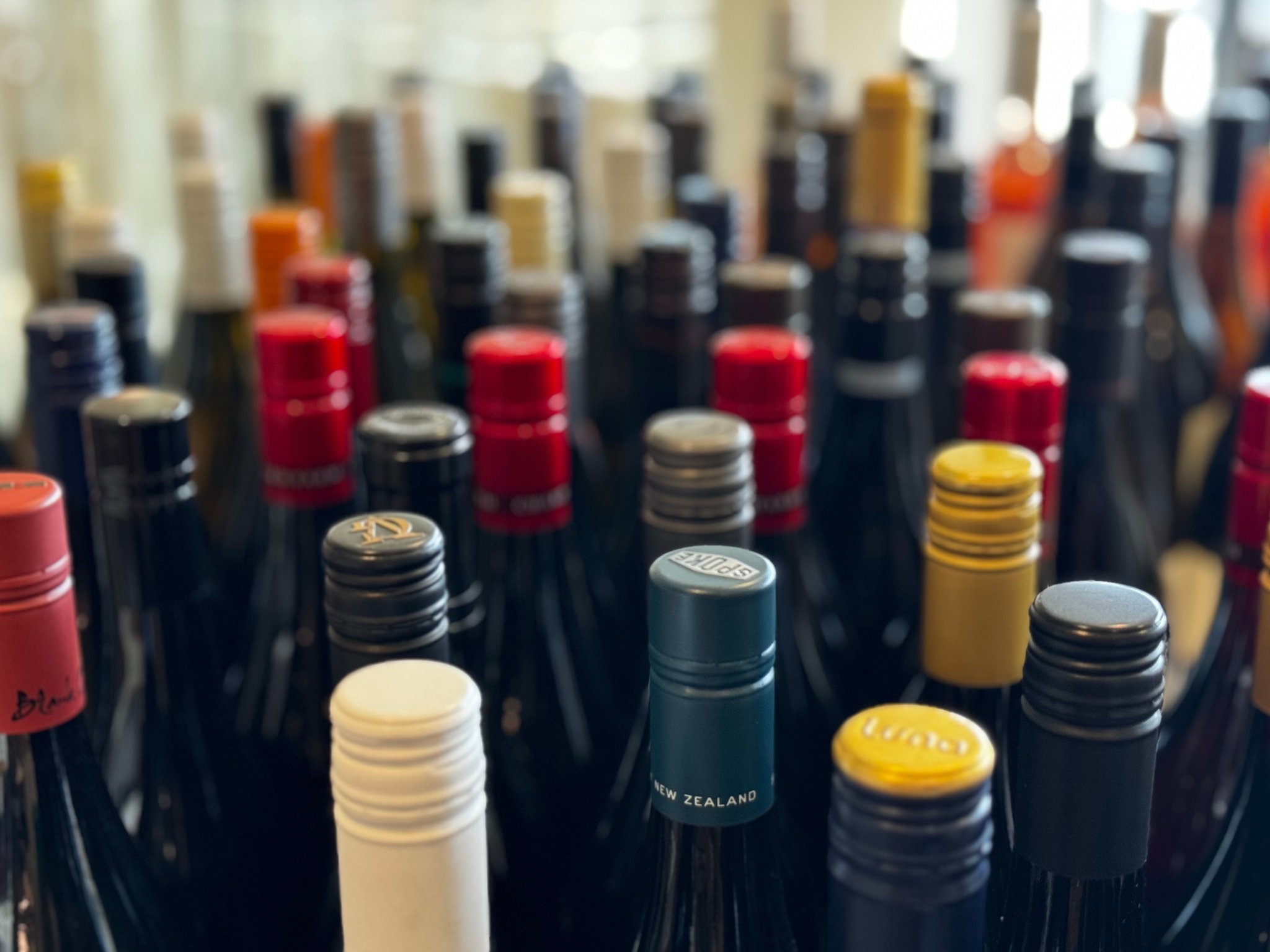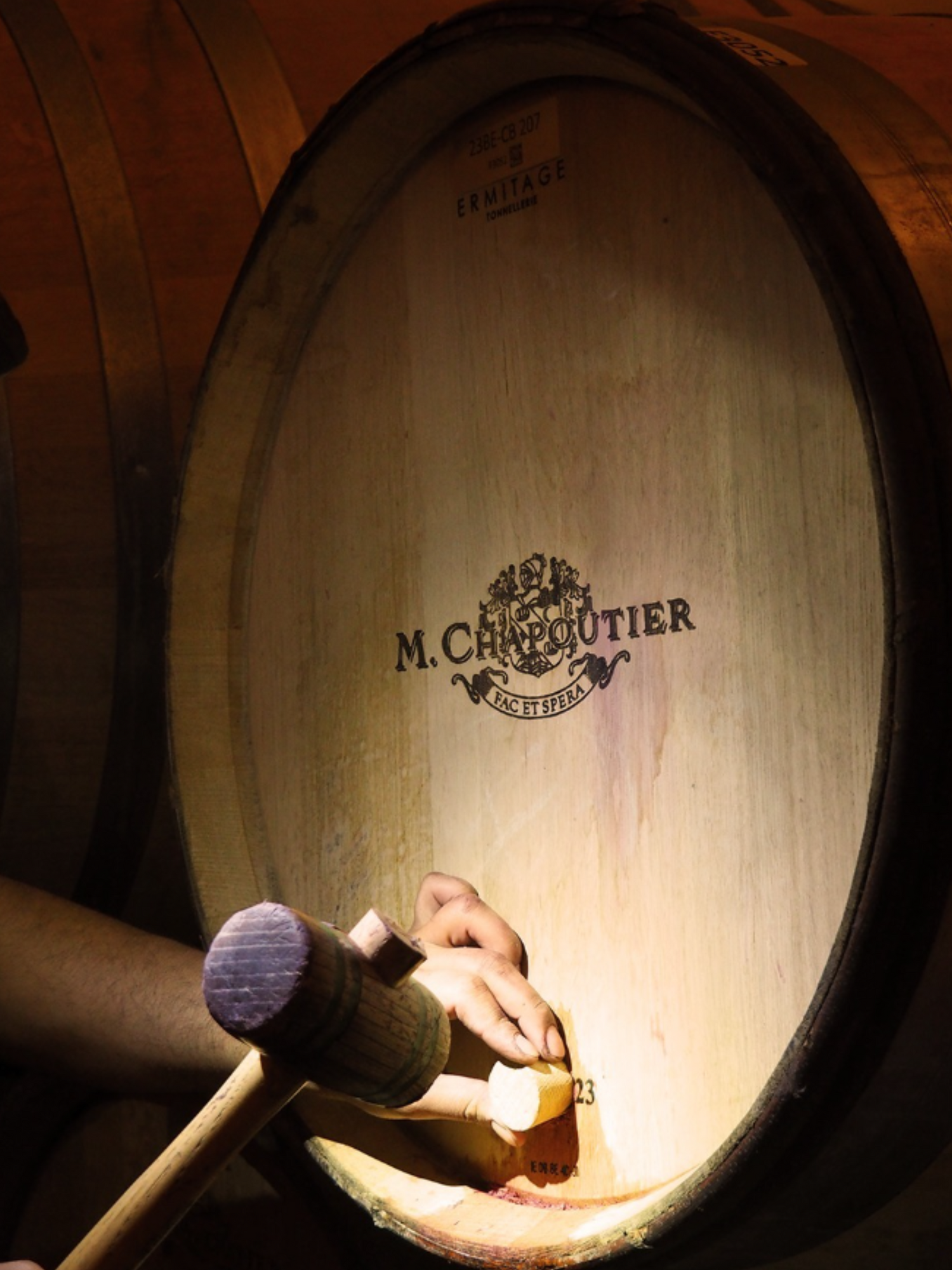
Chapoutier
Chapoutier is a Rhône Valley icon shaped by vision, viticulture, and the elemental dialogue between vine and stone. Though the estate dates back to 1808, it was Michel Chapoutier’s arrival in 1990 that marked a quiet revolution. Rejecting interventionist norms, he steered the domaine toward biodynamic farming and a deep commitment to terroir integrity. Under his guidance, Chapoutier became not just a producer, but a philosophy — one rooted in humility before nature.
The vineyards stretch across the Rhône’s most storied crus — from the granite slopes of Hermitage to the wind-swept terraces of Côte-Rôtie, from the sun-drenched plains of Châteauneuf-du-Pape to rare parcels in Saint-Péray and Cornas. Each site is farmed biodynamically, with deep respect for soil vitality and plant life. Parcels are tended by hand, often worked by horse, and each is bottled separately to preserve its unique voice. The approach is one of listening — not controlling — with the goal of letting each vineyard speak without embellishment.
In the cellar, winemaking is measured and transparent. Fermentations use native yeasts and minimal extraction, with parcel-by-parcel vinification carried out in concrete, stainless steel, or large oak depending on the cuvée. Ageing is gentle, in vessels chosen to support rather than shape the wine. There is no fining, and sulphur is used sparingly. From grand cru Hermitage to regional bottlings, the same philosophy applies: clarity over complexity, site over signature.
The wines are precise, layered, and built to evolve. The Sélections Parcellaires — single-vineyard cuvées like Le Pavillon, L’Ermite, and Les Greffieux — are reference points for Rhône Syrah: mineral, structured, and unflinching in their expression of place. Whites such as De l’Orée and Chante-Alouette showcase Marsanne’s breadth and saline depth. Even at the entry level, purity is non-negotiable. Each wine reflects not just a vineyard, but a worldview — one in which nature leads, and man follows.
What defines Chapoutier is its unwavering belief that wine is a messenger of place — and that the greatest wines are those with nothing to hide.
These are wines of elemental clarity and quiet confidence — shaped by granite, time, and the refusal to interfere with what nature has already perfected.
